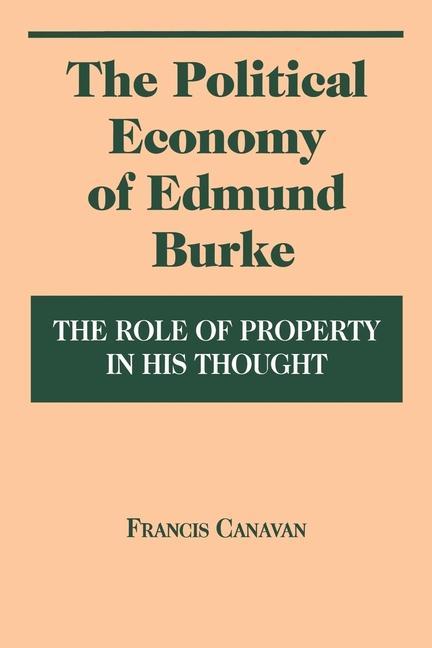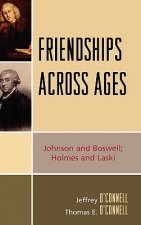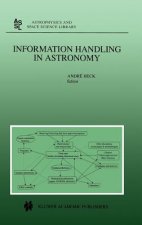
Kézbesítés
Vásárlási tanácsadó





Nem vált be? Semmi gond! Nálunk 30 napon belül visszaküldheti
 Ajándékutalvány
bármilyen értékben
Ajándékutalvány
bármilyen értékben
Ajándékutalvánnyal nem nyúlhat mellé. A megajándékozott az ajándékutalványért bármit választhat kínálatunkból.
Political Economy of Edmund Burke
 Angol
Angol
 244 b
244 b
30 nap a termék visszaküldésére
Ezt is ajánljuk


In Edmund Burke: A Bibliography of Secondary Studies to 1982 Clara Gandy and Peter Stanlis write, One of the large unanswered questions is how Burke's economic theory is related to his political theory, and whether they are complementary or contradictory.Canavan is the first to offer a book-length treatment of this question, and in so doing, he places the strength of his argument largely on primary sources rather than a patchwork of previous interpretations. Canavan aims to show that Burke's own emphasis was no on capitalistic laissez-fair economics, as has been assumen, but that his goals were primarily political and cultural. Namely, Burke sought the preservation and development of an aristocratic and Christian civilization supported economically by a leading class of landed property owners. This study projects a new profile of Burke which challenges C.B. Macpherson's sketch of him as a bourgeois capitalist, or, as depicted by J.B. Plumb and Frank O'Gorman, as a hired philsopher of the Whig Oligarchy. Nor does Canavan's study present the philosopher as one who would declare war on the poor,as Gertrude Himmelfarb charged in her The Idea of Poverty. Burke emerges from Canavan's treatment as a Whiug who admired paternalistic government by the rich and virtuous whom he felt would govern as trustees for the benefit of the whole people. Burke did not support the notion that property by monopolized by any one class in society, but wanted the wealthy to empower intermediary institutions which would hold in check the control of the expansive state, whether that meant the Crown in Britain or the revolutionary state in France.
Információ a könyvről
 Angol
Angol


 Kapcsolat
Kapcsolat Hogyan vásároljunk
Hogyan vásároljunk



















